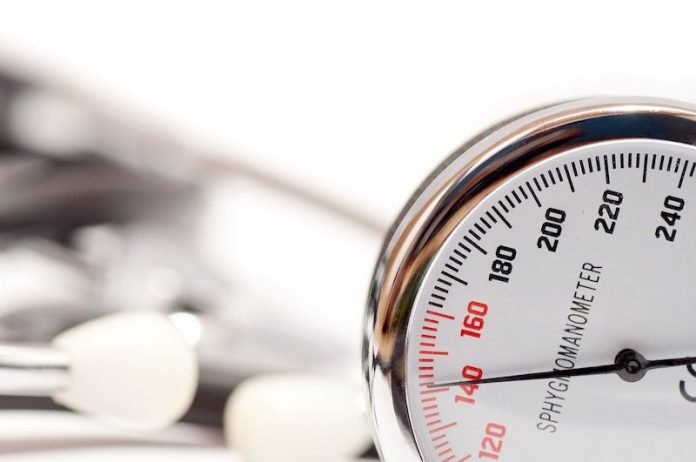
The virus that causes COVID-19 first attacks cells in the respiratory system, often leading to an inflammation of the lungs that puts people at risk of contracting pneumonia.
But the virus’s impact has also been felt in other systems of the body.
In a recent study at Penn Medicine, researchers found that some patients with COVID-19 are at higher risk of brain complications like bleeding in the brain and stroke.
They found these potentially life-threatening conditions were more common in patients with high blood pressure and diabetes.
The study was presented at the annual meeting of the Radiological Society of North America (RSNA). One author is Colbey W. Freeman, M.D.
In the study, the team looked at COVID-19 patients who underwent head CT and/or MRI in their health system from January to April 2020.
Of the 1,357 patients with COVID-19, 81 had a brain scan performed. The most common reasons for the brain scans were altered mental state and focal neurologic deficits such as speech and vision problems.
Out of 81 patients with brain scans, 18, or just over one in five, had findings that were considered an emergency or critical, including strokes, brain bleeds and blocked blood vessels.
At least half the patients had pre-existing histories of high blood pressure and/or type 2 diabetes. Three patients with emergent/critical findings died while admitted.
The exact mechanisms for COVID-19’s harmful neurological effects are not known and may involve multiple factors.
A popular theory holds that inflammation associated with the infection is the primary culprit. In the study, blood markers of inflammation were high in people with critical results.
The team says when the body is in an inflammatory state, it produces all these molecules called cytokines to help recruit the immune system to perform its function.
Unfortunately, if cytokines are overproduced, the immune response actually starts doing damage.
The study is ongoing, and the researchers will continue to publish findings as more data comes in.
They are also examining the incidence of neurologic complications in COVID-19 patients on extracorporeal membrane oxygenation (ECMO), a pump system to circulate and replenish oxygen in the blood.
Several patients in the study needed ECMO during their time at the hospital.



